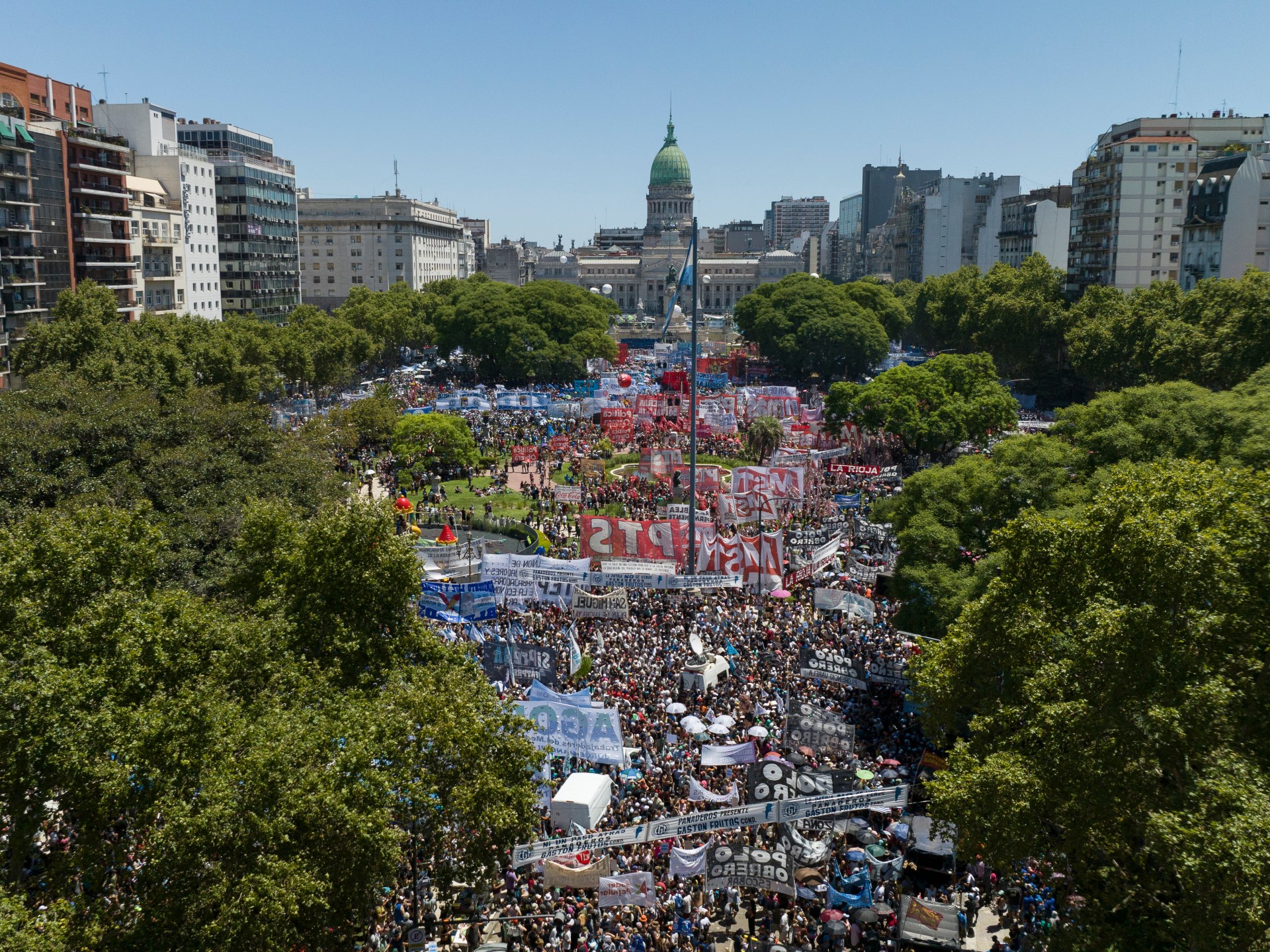
Henry Rono, a Kenyan distance runner who was unable to run until he was six after a gruesome injury to his right leg as a toddler but broke four world records in just 81 days in 1978, died in Nairobi on Thursday. He was 72.
His death was announced Athletics Kenya, an amateur sports club. He died in a hospital where he had spent ten days suffering from an unspecified illness.
Rono was twice denied a chance at Olympic glory in his 20s when Kenya joined the boycott of the Games in 1976 and 1980. Despite this, he was hailed as one of the country’s greatest athletes.
As a 26-year-old sophomore at Washington State University in 1978, he made his mark in track and field history when he entered the record books in the 3,000, 5,000 and 10,000 meters as well as the 3,000-meter steeplechase with a time of 28 seconds seven water jumps.
“He was such a powerful guy – big chest – and incredibly efficient,” Phil English, a former teammate at Washington State, said in an interview after Rono’s death with the Spokane, Washington newspaper The Speaker Review. “The incredible thing about these world records is the versatility they require – the speed in the 3,000-meter run, the skill in the tower race and then the distances in the 10,000-meter run. You just don’t see that range.”
Rono’s remarkable success in such a short space of time made him an object of global fascination in the athletics world.
“People wanted me to do it go anywhere run. When I ran in Finland, there was a competition organizer from Italy,” he said in a 1982 interview with Track & Field News. “When I ran in Italy there was one each from Japan as well as Australia and New Zealand.”
With his reserved personality and apparent immunity to ostentation, Rono found the spotlight confusing. “People wanted me to go back and forth and there and there,” he said. “It was as if they didn’t even believe I was human like them; To them, I was an extraordinary human being, a machine that they thought could do anything.”
Henry Rono was born Kipwambok Rono on February 12, 1952 in Kiptaragon, a village in Nandi County, Kenya. The Star, a Nairobi newspaper, recently described the region as having “the highest concentration of local and international runners, probably more than any other region, probably in the world.” Kipchoge Keino, an early inspiration for Rono who won gold in the 1,500-meter run at the 1968 Mexico City Olympics, grew up in a neighboring village.
As a small child, Rono fell off the bicycle his uncle rode to transport him from his grandmother’s house, breaking his right ankle in the spinning spokes. “For many years, as other children my age grew stronger and faster, all I could do was crawl,” he wrote in his memoir “Olympic Dream” (2010).
Around the time he was finally able to walk, his father died after being startled by a snake while driving a tractor and falling into the path of the plow. His mother had to support the family, including by selling home-brewed two strong alcoholic drinks, Chang’aa and Busaa.
Rono started running when he graduated seventh grade at age 19. At the village’s elementary school he also met his future wife Jennifer, with whom he had two children, Calvin and Maureen.
He trained extensively during a stint in the Kenyan Army and eventually had enough running success to be named to the national team for the 1976 Montreal Olympics.
However, he would never make it there because Kenya, along with other African nations, had joined a boycott to protest the participation of New Zealand, whose national rugby team was currently on a tour of apartheid South Africa.
It was a devastating blow. “I thought this man would come home with two gold medals,” Keino, his idol who was coaching the Kenyan team at the time, was quoted as saying in a 2022 profile of Rono The New York Times.
Instead, Rono made his way to Pullman, Washington to compete for Washington State, despite never having attended high school.
Far from home and at odds with Kenyan sports officials, Rono began drinking heavily despite reaching sporting heights. He suffered further heartache when Kenya joined a US-led boycott of the 1980 Moscow Games over the Soviet invasion of Afghanistan.
Nevertheless, he overcame a hangover at a competition near Oslo in 1981 and set a new world record in the 5,000-meter run.
But when Kenya finally returned to the Olympics in Los Angeles in 1984, Rono was in no condition to represent his country. He found himself in a spiral: His money from a contract with Nike and his aura as a champion waned as he drifted around the United States, staying with friends and working menial jobs, including as a bell ringer for the Salvation Army.
“I was at the top of the highest mountain and then back down again at the end of the world” he said in an interview for the 2008 yearbook of athletics’ governing body, the International Association of Athletics Federations, now World Athletics. “Looking back now, I can remember what happened in 1978, but the next eight years are more or less blank.”
He finally got sober in the late 1990s and returned to school, where he dabbled in poetry and creative writing before writing his memoirs. In 2019, he returned to Kenya for the first time since the 1980s and moved in with his brother on the same property where they grew up.
Information on survivors was not immediately available.
Despite detailing his decades of turmoil in the 2008 interview, Rono refused to let the memories come to mind. At that point, he said he was fulfilled in his work as a special education teacher and coach in Albuquerque.
“What I’m doing in my life right now,” he said, “is like a gold medal for me.”






Recent Comments